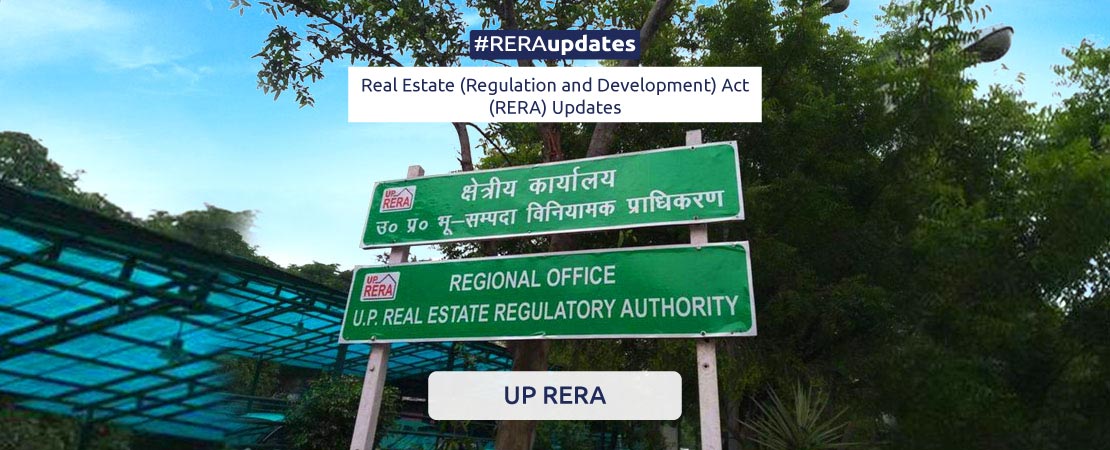New Delhi
The current process of maintaining a collection account by builders to get all deposits before transferring the mandatory 70 percent of the money into escrow account is wrong, said the Uttar Pradesh Real Estate Regulatory Authority.
The realtors then transfer the remaining 30 percent of the money to third account operated by them for appropriating for purposes other than construction and land cost.
According to the authority, “This practice is apparently wrong. The promoters have to receive all the amount in the Escrow Account and only the money left after utilising 70 percent of the money for construction and land cost should be allowed to be withdrawn for a purpose other than construction and land cost. It is re-emphasized that this 70:30 percent ratio has to be maintained from the inception of the project.”
The above observation was made in a meeting held by UP-RERA officials with chief general managers and general mangers of all the public and private banks. The authority has issued appropriate directions to all the zonal heads and branch managers to comply with the RERA orders.
UP-RERA has also decided to verify all the projects accounts maintained with different banks. “The Chartered Accountants of RERA will be visiting the concerned branches in this regard,” said Rajive Kumar, chairman, UP-RERA.
The authority further said that there cannot be any charge or lien on the separate project account, the bank cannot recover the amount or installment due from the promoter from this account. The bank can have lien on the account to which the promoter transfers 30 percent of the collected money.
“The bank can not insist that in case of loan for the project the promoter should open an account with it and receive all the money from the allottees in this account. Nor can be the bank insist on the promoter to transfer the balance money from the existing project account to new account,” said Abrar Ahmed, secretary, UP-RERA.
As per the provisions of section-4 (2) (l) (D) of Real Estate (Regulation and Development) Act 2016, seventy percent of the amount for a real estate project must be deposited in a separate account to be maintained in a bank to cover the cost of construction and the land cost.
The concerned branch is required to ensure that money is utilized for the specified purpose only and not for any other purposes. The bank must also ensure that the promoter is permitted to withdraw any amount from this account only after he has submitted the certificate from an engineer, an architect and a charted accountant.










